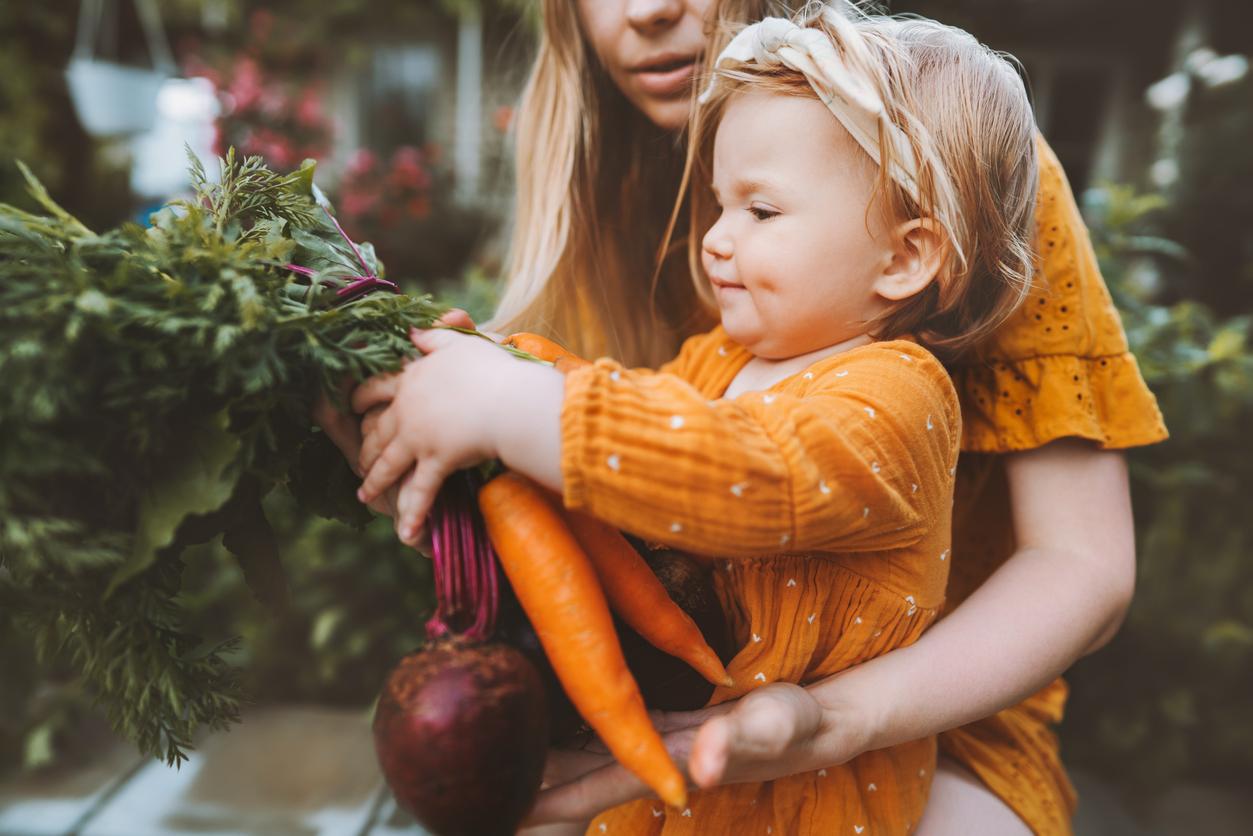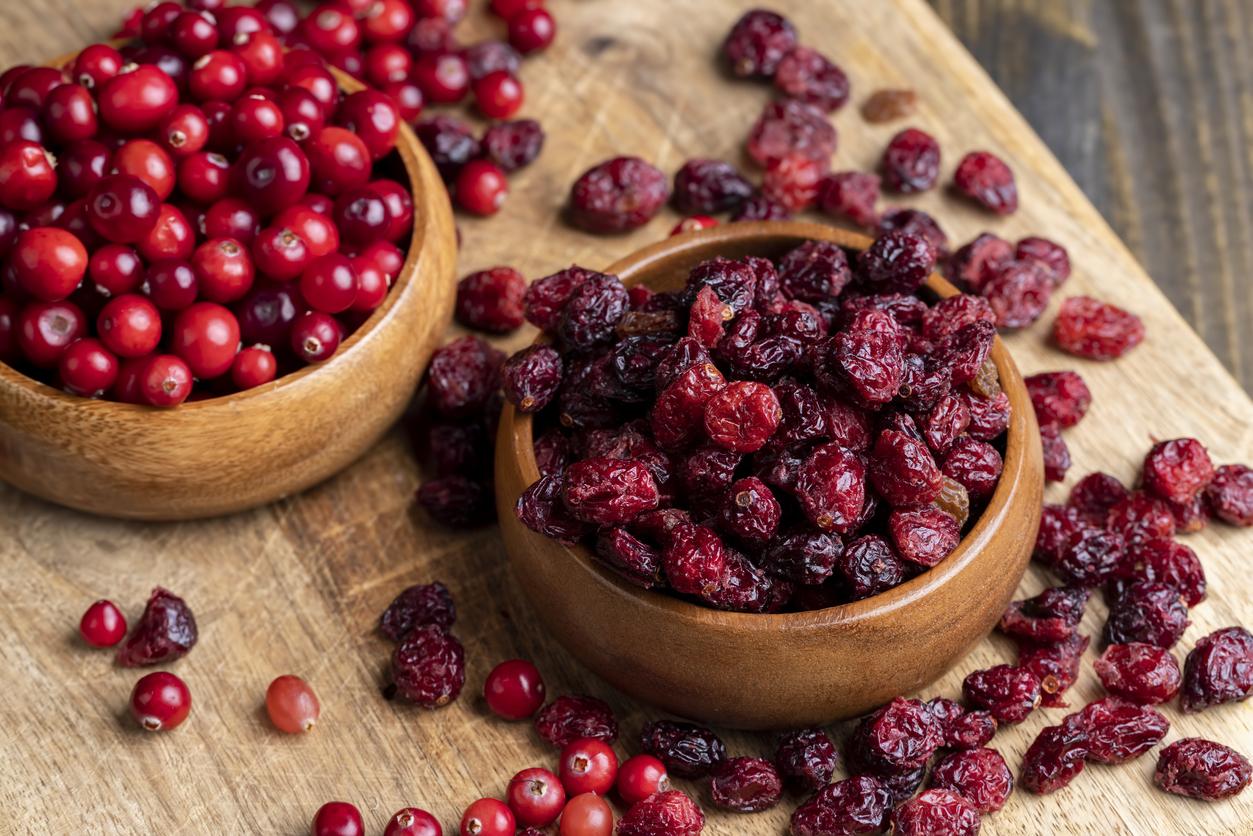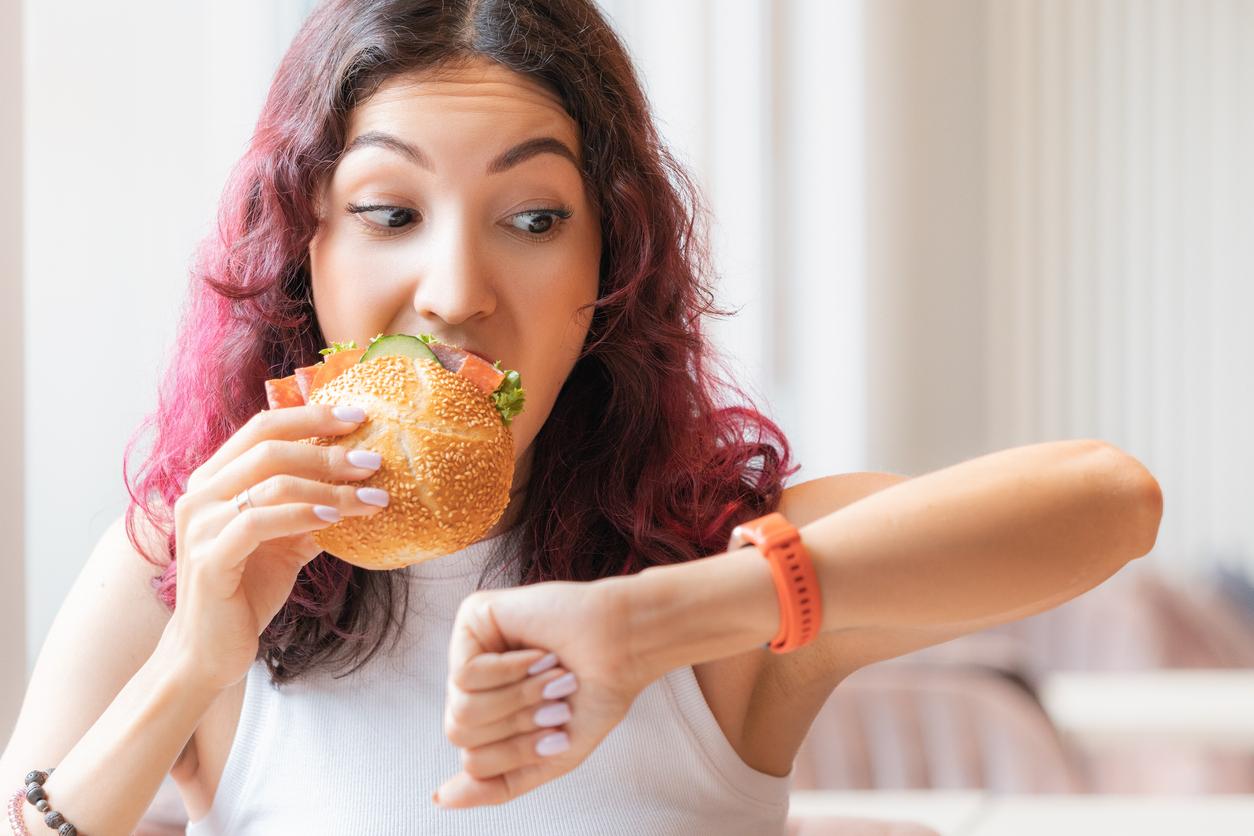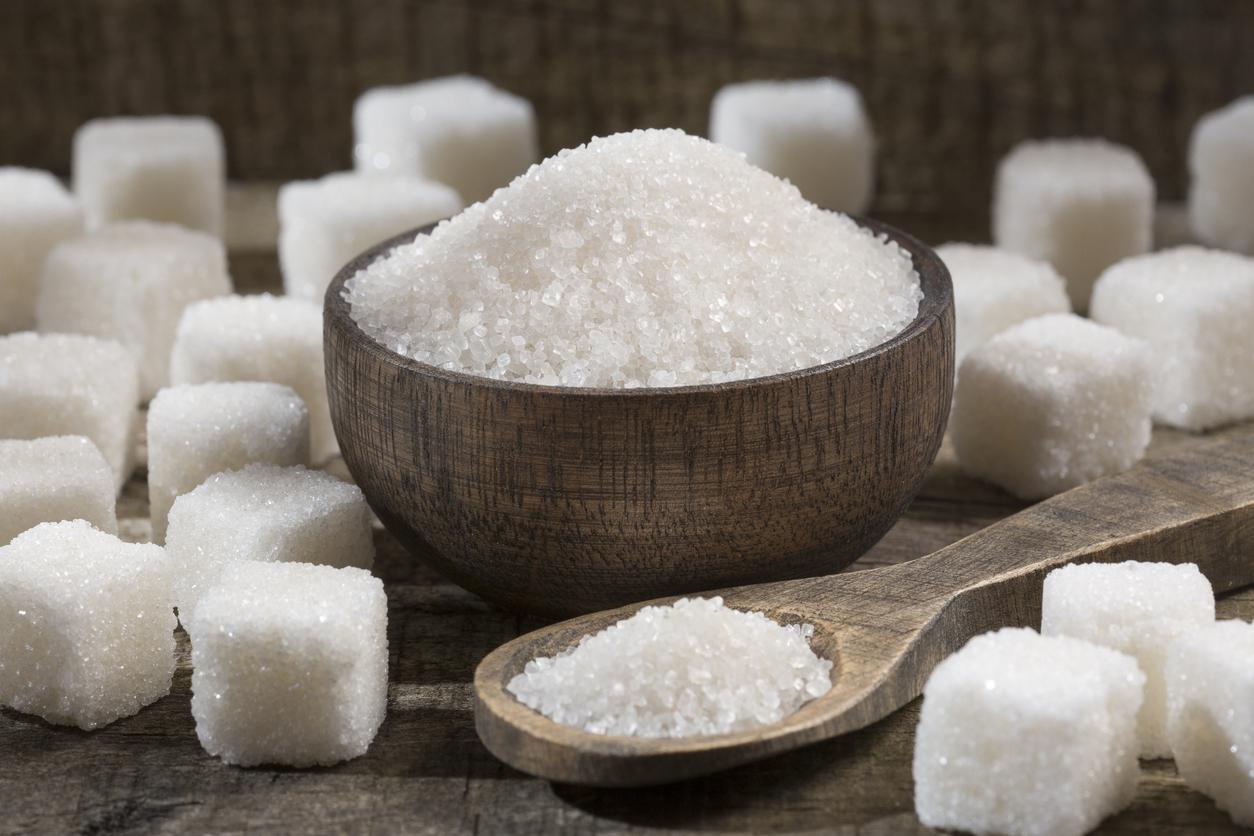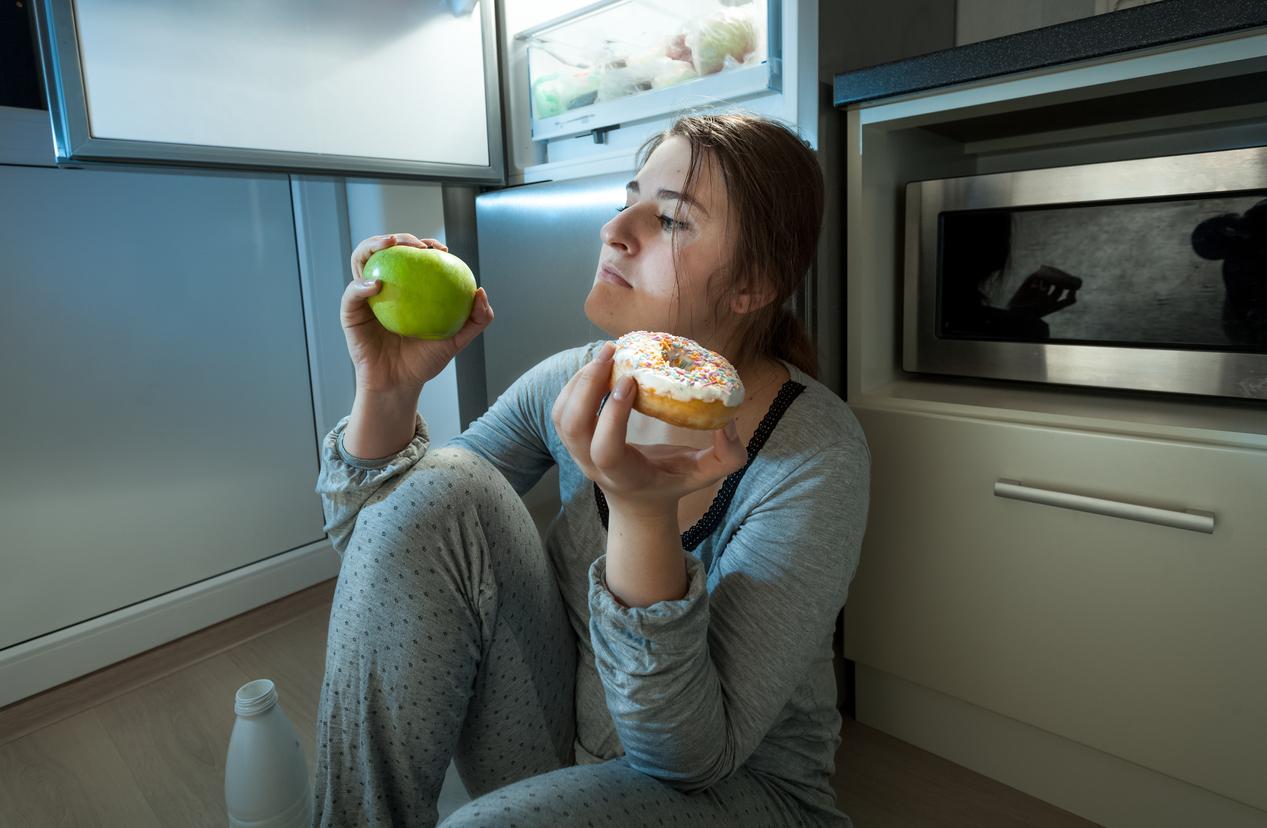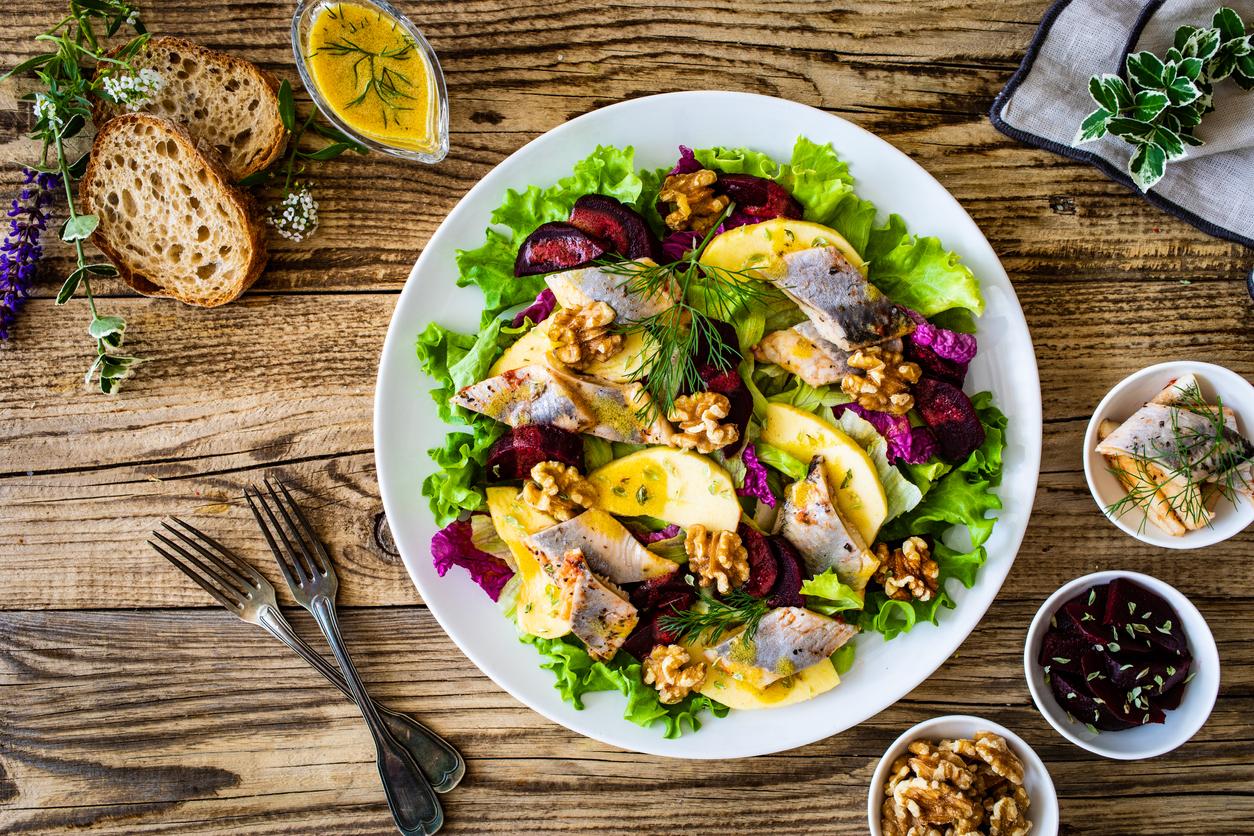Generations of greedy children and impatient adults know it: it is very difficult to resist the sweet appeal of cake batter. However, it is better to put away your spoon and wait for the said dough to be baked and cooked before tasting it. Firstly because you will have more cake at the end of the chain, but also and above all because this mixture, harmless at first sight, can be contaminated by dangerous bacteria. Those who have recently made the news in the food scandal cases related to Kinder and Buitoni products.
Risks of salmonella and E. Coli infection
Ultra-resistant and present in the digestive tracts of animals, these two bacteria pass directly from the droppings of our animal friends to agricultural products. Like the flour you use in baking: “You only kill Escherichia coli by cooking it wellexplains Juliette Bentz. However, the flour manufacturing process does not involve any cooking step. It can therefore be infected by bacteria from animals living where the wheat was harvested. But it is also found in yogurts, cheese, fruits and vegetables, unpasteurized juices or even certain undercooked meats.
What about salmonella? “It can also be found in products that are in contact with farm bacteria, such as milk, but it is very much associated with raw eggs. Those that still have their shells and are not pasteurized, such as in restaurants.” Those, too, that you put in your cake batters.
What happens in case of infection?
Know it all the same: poisoning is very rare and usually asymptomatic. “When this is the case, the symptoms can resemble those of gastro. We are therefore talking about diarrhea and vomiting. But as we have unfortunately seen recently, this can go as far as serious forms, and even fatal, which develop especially in immunocompromised people, young children and pregnant women”, says the expert.
Morality? Let’s bake our cakes before devouring the contents. After all, it’s better, and not just for your health!
Read also:
- Food poisoning: is removing the cheese rind enough to protect against bacteria?
- Food safety: what challenges to deal with bacteria?
- Pregnancy: 5 foods to absolutely avoid










